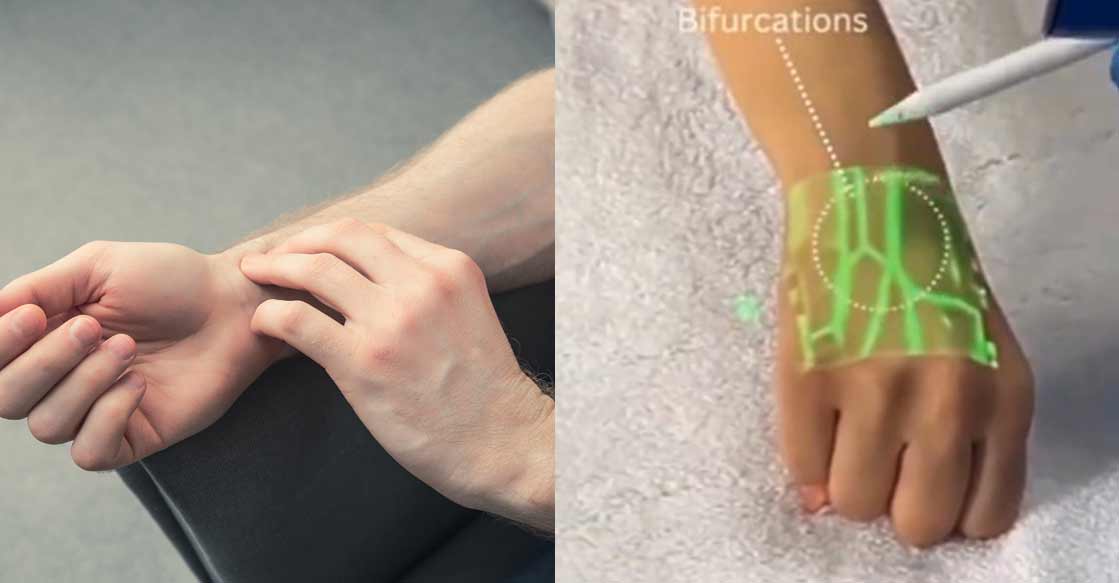Japan has introduced redesigned banknotes on July 3, featuring advanced hologram technology and tactile patterns to prevent counterfeiting. The new banknotes come in denominations of 10,000 yen, 5,000 yen, and 1,000 yen, with larger numerals for easier reading.
Financial institutions and ATMs across the country have been distributing the new notes under tight security measures. Governor Kazuo Ueda highlighted the importance of paper money in the digital age as electronic payments become more popular.
The new banknotes feature historical figures who have made significant contributions to Japanese culture and science. Umeko Tsuda is on the 5,000 yen note, Shibasaburo Kitasato on the 1,000 yen note, and Eiichi Shibusawa on the 10,000 yen note. These figures are honored for their impact on Japanese society.
To prevent counterfeiting, the banknotes include advanced hologram technology such as a 3D stripe that changes image direction and holograms on specific corners of the notes. The new designs also include larger and easier-to-read numbers and special markings to assist visually impaired individuals in distinguishing between different denominations.
Japan is leading the way in using hologram technology to combat counterfeiting with an expected circulation of 7.5 billion new banknotes by 2025. The new designs represent a significant advancement in security and technology for Japanese currency.
In conclusion, Japan’s redesigned banknotes are a significant step forward in combating counterfeiting while also honoring historical figures who have made significant contributions to Japanese culture and science. With advanced hologram technology and tactile patterns, these notes are easy to read and distinguish between different denominations even for visually impaired individuals.



